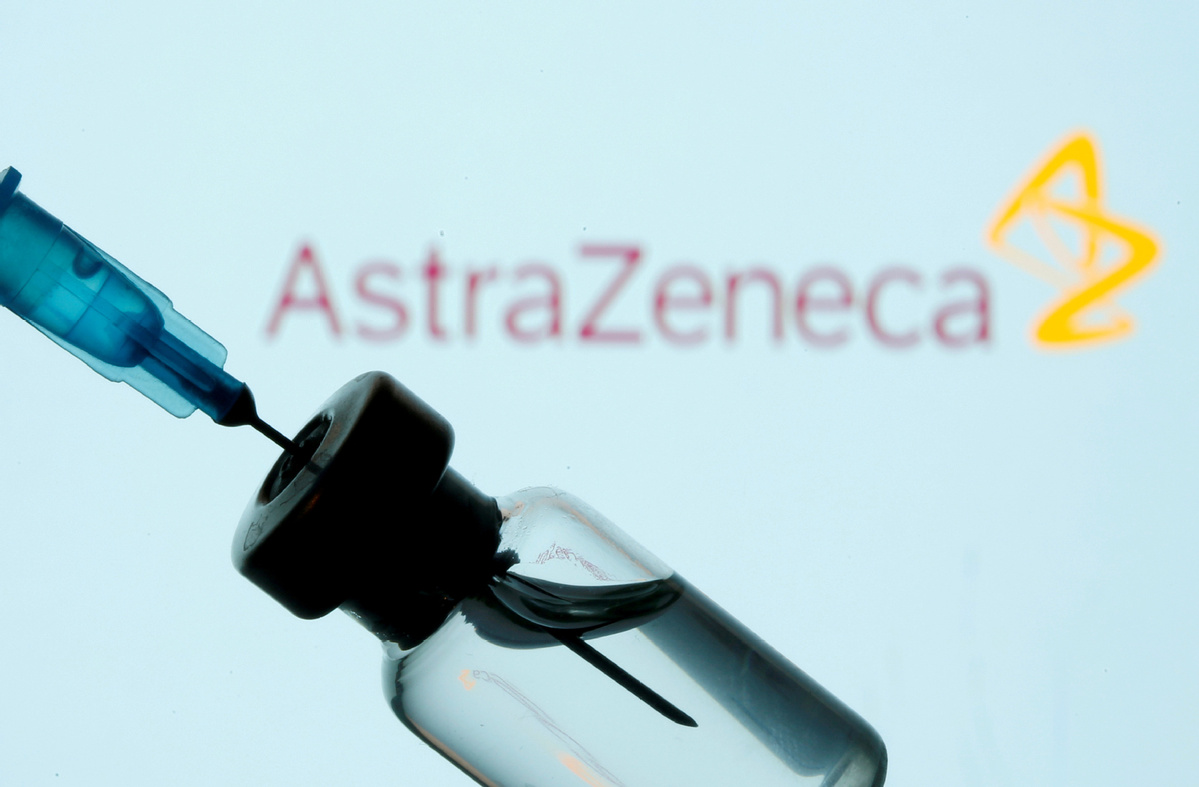AstraZeneca plans updated jab for variant


Pharmaceutical company AstraZeneca and Oxford University plan to make an updated version of their COVID-19 vaccine that will target the so-called South African variant of the novel coronavirus.
Pascal Soriot, who is chief executive of AstraZeneca, said that work is already underway to establish if the company's current treatment is as effective against the new strain that was first isolated in South Africa.
"We don't have the results yet, Public Health England is doing the analysis and we should have it very soon," Soriot told Italian newspaper La Repubblica.
Numerous variants of the novel coronavirus have been identified over the past year, and some of these are feared to be more transmissible, including strains from the United Kingdom, Brazil and South Africa.
Scientists have been busy trying to establish if current vaccines will work against these particular variants. Early evidence suggests that available COVID-19 vaccines maintain efficacy against the UK strain.
But United States-based biotechnology company Moderna said that lab tests indicate that antibodies induced by its vaccine were not as potent when tackling the South African strain.
Moderna stressed that the antibodies were still capable of neutralizing the variant, and the company had chosen to commence development on a booster shot for the South African strain out of an "abundance of caution".
Soriot said that there is a chance that antibodies induced by the so-called Oxford vaccine will have similarly reduced potency against the South African variant, so Oxford University and AstraZeneca will also be creating an updated jab.
"I believe it's logical to think we'll have the same effect as seen with the Moderna vaccine but we do not know yet," he said. "The neutralization may be reduced. But I also think that there is a good chance patients will still be protected. At least, if they get infected, they will not get seriously ill, because the T-cells, the cellular immunity, will also be protecting. Having said that, we're also working on a vaccine with Oxford University that will target the variant."
The Oxford shot is viewed as a cornerstone of the global vaccine effort, especially in parts of the world without stable refrigeration and electricity, because the jab can be stored at much higher temperatures than the treatments from Moderna and Pfizer.
Soriot admitted that yield issues at European manufacturing plants have impacted the European Union's Oxford vaccine order. AstraZeneca had earlier told the EU that it would be unable to supply the expected number of doses on schedule.
This in turn has fueled tensions between the UK and the EU over vaccine exports. The EU said it is considering requiring prior notice of any vaccine exports out of the trading bloc, in order to ensure that the schedule for European orders is not affected by shipments destined for non-member states.
The move has caused concern that the UK could face distributed access to the Pfizer vaccine, which is manufactured in Belgium.
Soriot said that the UK is further along than continental Europe with its dissemination of the Oxford jab because it placed orders months earlier. Meanwhile, the EU drug regulator is yet to authorize the treatment.
































